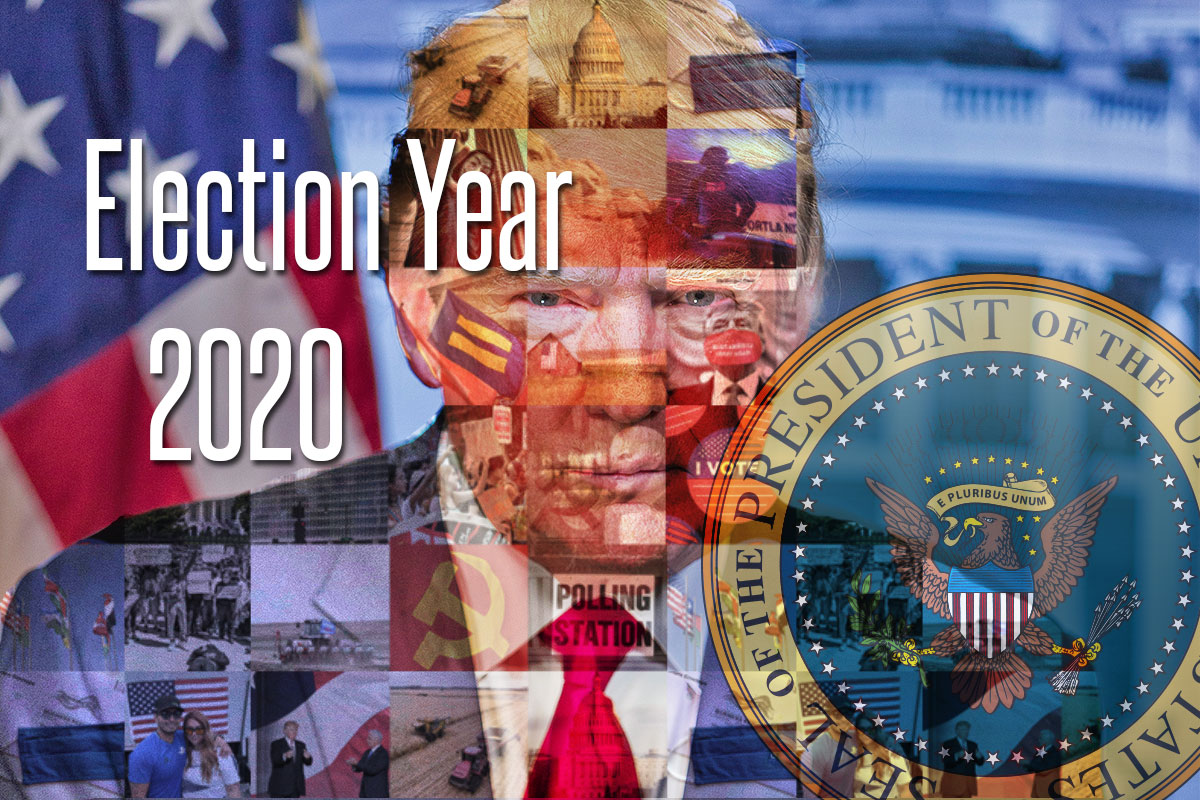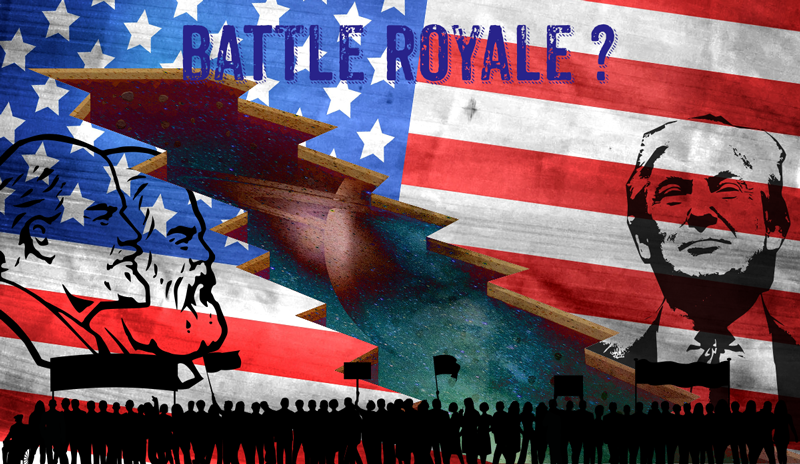 Election year 2020, more so than any election year in at least 60 years, is marked by overriding themes so huge that they almost dwarf the presidential candidates themselves, who become more like allegorical figures out of a Medieval Morality Play. But this is a Contemporary Morality Play with very high stakes politically, economically and socially. For this reason I have concentrated on those larger themes to date in making my election predictions. In Oct. 2019 at a public lecture in Dallas I first predicted that Donald Trump would be re-elected President of the United States. Though no opposing candidate had yet been chosen, I made my case, and I still stand by it. Continue reading
Election year 2020, more so than any election year in at least 60 years, is marked by overriding themes so huge that they almost dwarf the presidential candidates themselves, who become more like allegorical figures out of a Medieval Morality Play. But this is a Contemporary Morality Play with very high stakes politically, economically and socially. For this reason I have concentrated on those larger themes to date in making my election predictions. In Oct. 2019 at a public lecture in Dallas I first predicted that Donald Trump would be re-elected President of the United States. Though no opposing candidate had yet been chosen, I made my case, and I still stand by it. Continue reading
Month: September 2020
The 2020 U.S. Presidential Election: A Contemporary Morality Play – Part 2

In my studies of American presidential elections held within a few months of the JU-SA conjunctions, notably when both the election and inauguration occurs close to the conjunction date, I have observed that that president is elevated and becomes more important in U.S. history, whether deserved or not. They play a major role historically. Here is from my book, In Search of Destiny, 2012, p. 40: Continue reading
Astrology and the Individual: An Astrologer Looks at the Rise of Marxism & Postmodernism

In natal astrology and the study of the birth chart of an individual, astrologers develop a deep understanding that we are looking at the specific destiny of an individual, and that that individual will have a destiny that is not going to be equal to all others in respect to abilities, health, wealth, status, education, marriage, or relationships. Nor do we invent that a planet or zodiacal sign suddenly has new meaning and/or gender assignment because we reject previous traditional knowledge on the subject, as in Postmodernism, which rejects previous universalist ideas of objective reality, morality, truth, human nature, reason, science, language, and social progress. Postmodernism rejects Marxism and Christianity, among others in a long list of what it considers failed meta-narratives. But what may unite Marxism and Postmodernism is an ever expanding list of grievances, even if not the same exact list. Continue reading
